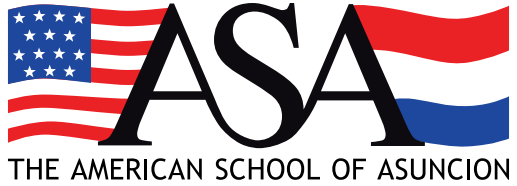
Language Arts Philosophy
Our philosophy is to foster a literacy-rich environment. We help set the path for our students to become biliterate citizens through our aligned English and Spanish language arts programs. We incorporate oral language, reading, and writing as a gateway to creativity, critical thinking, and empathy. By providing opportunities to build agency, our students will work towards becoming positive and productive world citizens. The practices underlying the teaching of language arts (reading, writing, listening, and speaking) at ASA are grounded by the AERO: Common Core Language Arts Curriculum Frameworks and supported by research-based best practices. Additionally, the HS Language Arts Program offers two Advanced Placement college-level courses (AP Language and Composition and AP Literature and Composition) to challenge students and prepare them for collegiate-level academic writing.
English Language Arts Program
Elementary
In Elementary, we recognize the value of developing deep background knowledge and oral language as the foundation for reading and writing. We are guided by the Simple View of Reading and Scarborough’s Rope which emphasize language comprehension and word recognition as essential components that work together to develop a skilled reader and writer. In our daily routine we use explicit instruction of phonological awareness and phonics as the basis for achieving proficiency. To further build literacy skills, we focus on explicit and implicit vocabulary instruction, the origin and morphology of words, and the close reading of intentionally chosen texts.
Secondary
The goal of the secondary language arts program is to encourage all students to think, speak, read, and write, analytically and convincingly. The aims of the language arts class include encouraging and enabling students to develop the skills involved in listening, speaking, reading, writing, viewing, and presenting in a variety of contexts. Language arts courses develop both literary and informational reading and writing skills and hone critical, creative, and personal approaches to studying and analyzing texts, as well as visual media. Using the writing process, students individually and cooperatively create poetry, short fiction, persuasive essays, and other genres of writing, as well as refine speaking and oral presentation skills through multiple formal and informal presentations and class discussions. By developing these skills, the students become confident and proficient writers, listeners and speakers, and lifelong readers.
